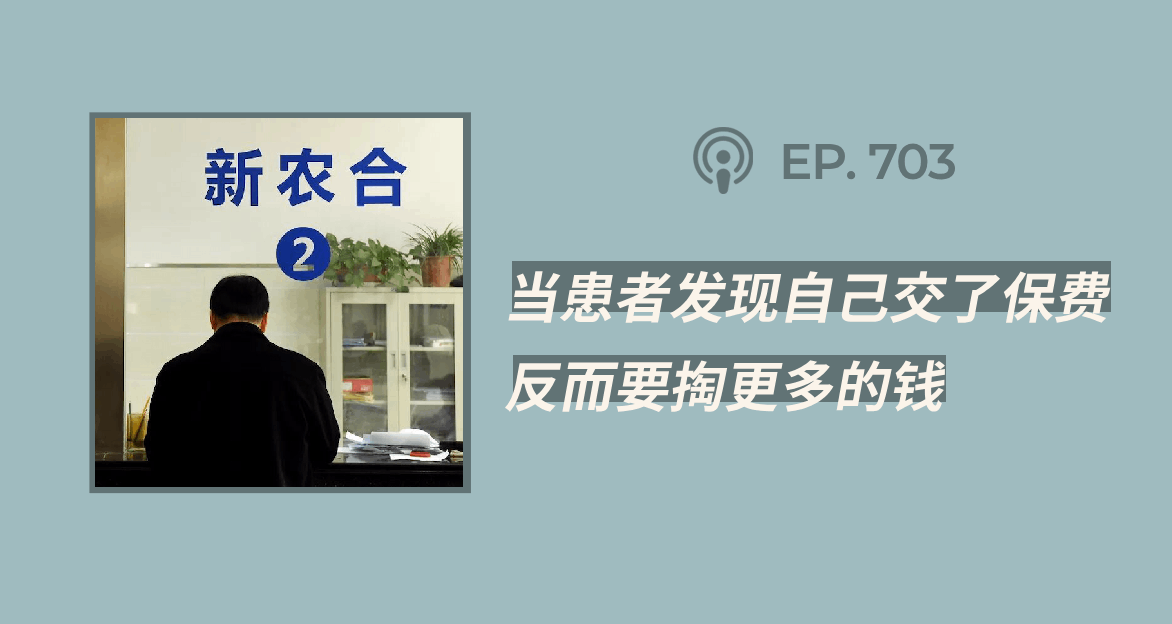
见国际妇女传媒基金会网页;美联社报道 AP report: Media group honors 4 female journalists
 因中国政府不给我护照,我未能参加成10月19日在纽约举办的受奖仪式。图为其他三位获奖者接受国际妇女传媒基金会的授奖。(下载于AP)
因中国政府不给我护照,我未能参加成10月19日在纽约举办的受奖仪式。图为其他三位获奖者接受国际妇女传媒基金会的授奖。(下载于AP)
获得“新闻勇气奖”对我意味着什么?
文/唯色
今年4月,我收到国际妇女传媒基金会的邮件,通知将授予我2010年的“新闻勇气奖”。这是国际上一项重要的奖项,正如来信中写到:“每一年基金会都会给世界上三名杰出的女性记者发奖,以表彰她们在困难和危险情况下,忠于职守的非凡毅力和决心。……如同你一样,得到这个奖项的勇敢女性们,往往冒着生命和事业的危险来捍卫自由、民主和人权。”而在举行颁奖仪式之际,我将获奖致辞公布于此:
感谢国际妇女传媒基金会授予我“新闻勇气奖”。因为中国政府不给我护照,我无法前来接受这光荣的奖项,但我的心灵是封锁不住的,此刻正与你们在一起,感受来自你们的温暖和鼓励。
我并非一个传统意义的记者或媒体人,在网络时代,我将我的书籍、博客、电台专栏节目、Twitter、Facebook,以及照相机、摄像机和对媒体的发声等,综合成一种新媒体——一个人的媒体。我有意识地使用这种新媒体,是从2008年3月开始的。
那时遍及西藏的抗议正在遭受血腥镇压,中国政府垄断所有信息,力图让世人只能听到它用巨量音响发出的扭曲之声。强权对真相的争夺让我认识到,如果作为个人不去记录和发声,整个民族的哭泣与呼喊就会消失在无人知晓的无边黑幕中,历史会被改写,记忆会被遮蔽,而我们的后人将不会知道先辈的牺牲。
当时身处帝国首都北京的我,利用传统的和现代的通讯手段,连接起覆盖整个藏地的网络,通过相识的或未曾谋面的在场者,收集所发生的真实情况,在我的博客上发布每日信息,让世界同步地知道西藏正在经历的血与火。那期间,我成为境内藏人发出声音的唯一管道,我的博客得到几百万人次阅读,被认为以一人之力,对抗巨无霸的国家宣传机器。
我要感谢我的朋友们,却不能说出他(她)们的名字,在那些艰难的日子里,我们彼此支撑,彼此鼓励。事实上,我们是在不同的地方为一个重要的历史时刻,充当着见证人和记录者。记得在抗议爆发的深夜,一位年轻藏人从拉萨对我说:虽然我们常常把“民族”、“西藏”挂在嘴上,可当大难临头时,往往是底层百姓不顾一切走在最前面,比我们勇敢多了。而他后来因为拍照,被拘押了五十多天。
我的博客被黑客破坏,Skype被黑客挟持,每天都像作战,经历着如同战场的风云变幻。但在支持者的帮助下,一次次转危为安,让我坚持下去。面对政治警察不断发出的威胁,我准备好了进监狱的物品,放在伸手可及之处,以待那个时刻。
那之后,我去了藏地许多地方,调查、记录和拍摄,一路被跟踪、拦截、盘查。警察限制藏人与我的接触,审讯与我交流的藏人,力图让我变成不可接触者。在拉萨时,一群闯入我母亲家里的警察带走了我,搜查我的住处,没收我的资料,只是因为北京奥运会正在进行才最后释放了我。而我所经历的这些,对于极权之下的藏人其实只是每天的日常生活。
眼下,西藏依然在发生种种不人道、不公正之事,许多优秀的人、无辜的人被逮捕,被判刑,经受着难以想像的折磨。我会把一个人的媒体一直坚持下去,因为这是无权者的武器。当然,这武器由文字构成,是非暴力的,是不合作的,其资源来自我们自己的宗教、传统和文化,以及今日所遭受的被毁损的处境,所有这些既是抵抗压迫的力量,也是我决不放弃、决不妥协的理由。而来自各方面——包括你们的支持,永远是我的勇气之源。
(本文为RFA自由亚洲藏语专题节目,转载请注明。)
******************
获奖辞的英文译文(感谢A.E. Clark 先生的翻译):
International Women’s Media Foundation Courage in Journalism Award, 2010
A c c e p t a n c e S p e e c h
Tsering Woeser
Ladies and Gentlemen:
My heartfelt thanks to the International Women’s Media Foundation for its Courage in
Journalism Award. Since the Chinese government will not give me a passport, I am
unable to come and accept this honor in person. But my spirit cannot be locked away,
and I feel I am with you now, touched by your kind encouragement.
I am not really a journalist or media person in the traditional sense. In this Age of the
Internet, I have taken my books, my blog, my regular commentaries for radio, Twitter,
and Facebook—as well as a camera, a camcorder, and the interviews I give reporters—
and combined them into a new medium: a one-person medium. I began deliberately
using this approach in March of 2008. At that time, protests which had spread across
Tibet were being violently suppressed, but the Chinese government was using its
monopoly on information to make sure people could hear only its distorted account,
blasted at high volume. The might of this world was asserting its power over the facts,
and I realized that unless I could find some way, working by myself, to record what was
happening and get the news out, the anguish of an entire people would vanish forever
behind a veil of darkness. History would be rewritten; memories would be buried; our
descendants would never know the sacrifices their ancestors had made.
I was then in Beijing, the imperial capital. Using both traditional and modern tools of
communication, I contacted people on the scene and wove a network that covered all the
Tibetan lands. Some of my sources were acquaintances; others I had never met. With
their help I gathered factual accounts of what was happening, and each day posted the
information to my blog so that the world could know, in real time, how Tibet was being
engulfed in blood and fire. At that time I was the only channel through which Tibetans
inside the PRC could make their voices heard, and my blog received several million hits,
as the work of one person standing against the propaganda machine of a colossal State.
I want to thank these friends of mine, though I cannot mention their names; we
supported and encouraged each other through those hard days. Though we found
ourselves in different places, we had all become witnesses and reporters at the same
epochal moment in history. I remember what a young Tibetan told me from Lhasa late
one night, just after the protests erupted: “Although we often have the words
‘nationality’ and ‘Tibet’ on our lips, when things get really bad it’s usually the humblest
stratum of the common people who take the risks and step out in front. They’re a lot
braver than we are.” But in fact this young man was seized for taking photographs and
was detained for nearly two months.
My blog was destroyed by hackers and my Skype account was hijacked. Each day was
like combat, with events in constant flux as on a battlefield. Again and again, my
friends helped me keep going. In the face of constant threats from the political police, I
packed a small bag with articles I would need in prison and kept it within reach.
Later I traveled through the Tibetan region taking notes and pictures. The entire journey
I was followed and repeatedly intercepted and questioned. The police limited my
contacts with Tibetans and interrogated any who had dealings with me. They were
trying to make me someone no one would talk to. While I was in Lhasa, a squad of
police raided my mother’s apartment and took me away after searching my room and
confiscating my materials. It was on account of the Beijing Olympics which were then
underway. Eventually they let me go. This experience is actually not unusual for
Tibetans living under dictatorship.
Even now, every kind of inhumanity and injustice is still being visited upon Tibet.
Many outstanding people, innocent people, have been arrested and sentenced and are
suffering unimaginable torment. I will keep my one-person media operation going, for
it is the weapon of the powerless. To be sure, this weapon consists of the written word;
it rests on principles of nonviolence and noncooperation; it draws its energy from our
religion, traditions, and culture, as well as the broken condition to which we have been
reduced; these provide the strength with which we resist oppression and are the reason
why I will never give up or compromise. The support that comes in from every side,
including from you, is a lasting source of my courage.
Tashi Delek!
August 28, 2010
Beijing













